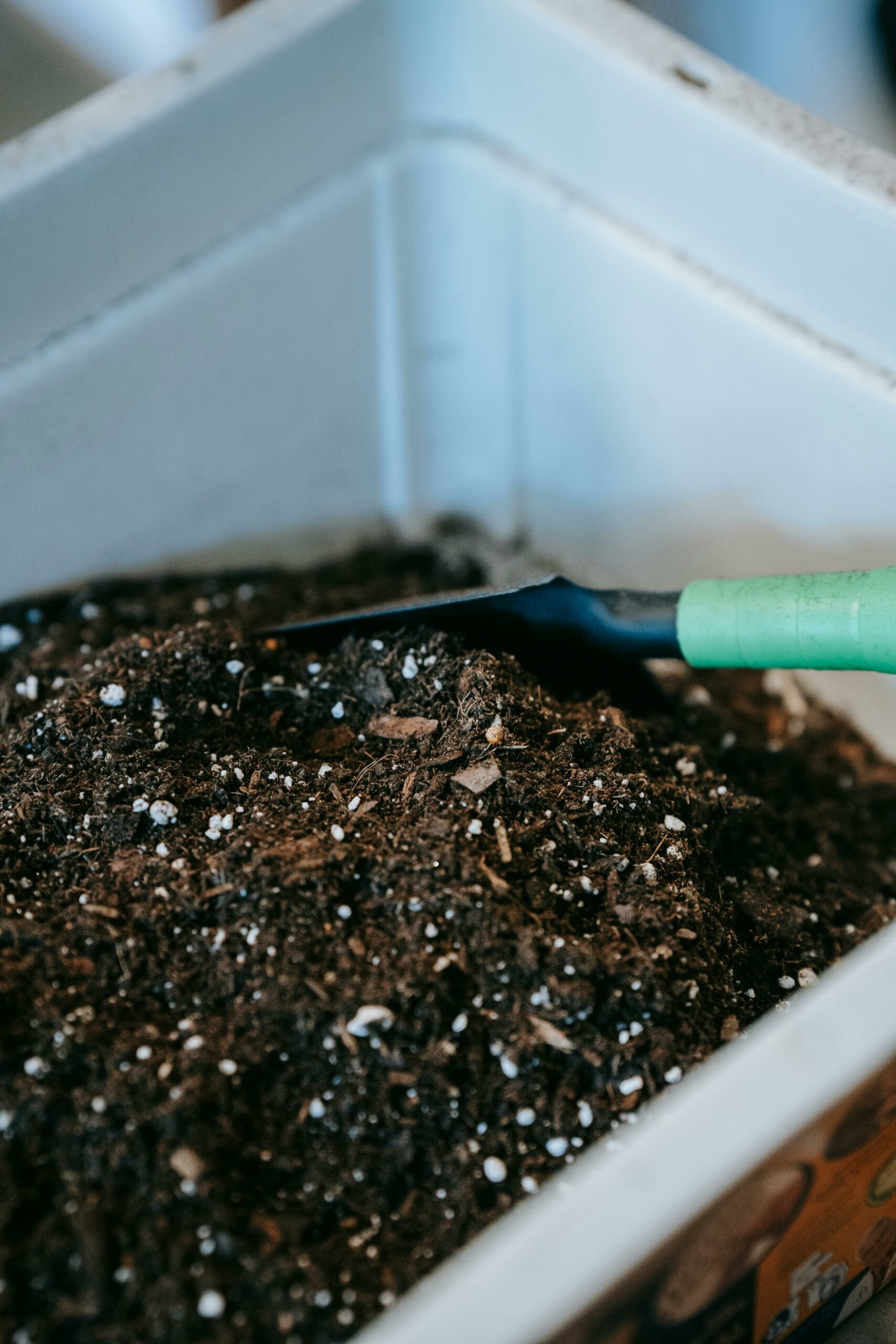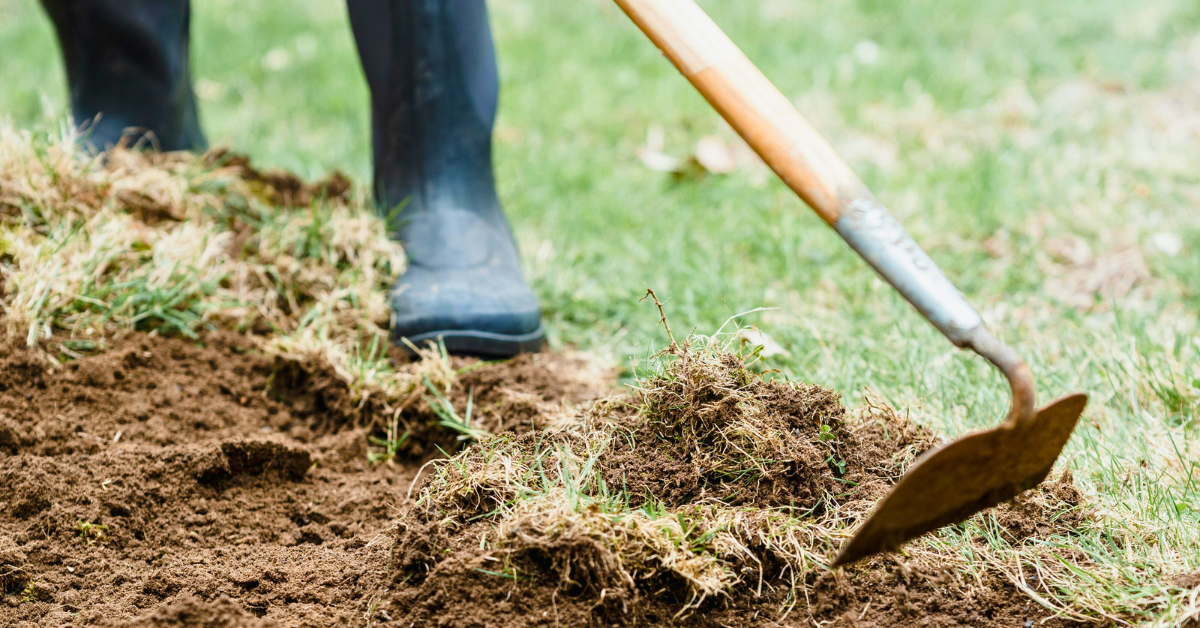Preparing your garden soil for planting is a fundamental step in cultivating thriving plants, especially in our unique Colorado climate. With the challenges of heavy clay soil and intense weather conditions, giving your soil adequate attention is the first step to growing a successful garden.
Why you should organically amend your garden soil
- Enhanced Soil Fertility: Organic amendments such as compost, kelp, fishmeal, and cover crops enrich the soil with essential nutrients, fostering a nutrient-rich environment that supports robust plant growth. These amendments nurture the microbial soil food web, promoting a season-wide, slow-release form of major and minor nutrients rather than a quick burst of growth.
- Improved Soil Structure: Organic matter helps improve soil structure by enhancing its ability to retain moisture, promote aeration, and prevent compaction. Healthy soil structure allows plant roots to penetrate deeply, accessing vital nutrients and water.
- Minimized Environmental Impact: Unlike synthetic fertilizers and chemical pesticides, organic soil amendments are derived from natural sources and pose minimal environmental risk. By reducing the need for chemical inputs, organic gardening promotes biodiversity and protects water quality.
- Long-Term Sustainability: Organic soil preparation focuses on building soil health over time, creating a resilient ecosystem that can withstand environmental stressors such as drought, pests, and disease. Healthy soil acts as a natural buffer, buffering plants against fluctuations in weather and climate.

How to Organically Prep Your Soil for Spring Planting:
- Assess Your Soil: Before you start planting, take some time to assess the condition of your soil. Check for compaction, drainage issues, and overall soil texture. Denver’s soil can often be heavy and clayey, so it’s essential to address these issues before planting. If you are concerned about possible contamination from air or soil contaminants, consider collecting a soil sample to be professionally tested.
- Loosen Compacted Soil: If your soil is compacted, it’s essential to loosen it before planting. Use a garden fork or tiller to break up compacted soil 2-3” deep, which allows roots to penetrate more easily and water to drain properly. Avoid over-tilling, as this can disrupt soil structure and harm beneficial soil organisms.
- Check Moisture Level: As a first step, use a hand trowel to dig a small amount of soil 4 – 6” deep (about a handful) and form it into a tennis ball shape. While standing up, drop the soil ball on the ground. If it breaks apart, the soil is ready to dig. If it stays together in a ‘ball’, the soil is too wet and needs to dry for several days prior to spring cultivation.
- Incorporate Compost: Aim for soil that is about 5% organic matter. Compost adds organic matter, beneficial microorganisms, and essential nutrients to the soil and promotes healthy plant growth. Aim to incorporate a generous amount of plant-based compost into your garden beds, mixing it thoroughly into the top few inches of soil. A general recommendation is to utilize 1 – 2” of compost for the first year, and then about an inch yearly. Dig the compost into the top 2 – 3” of soil while you are preparing your beds for spring planting. Do not leave it on top like a mulch.
- Consider Raised Beds or Containers: In areas with heavy clay soil or poor drainage, raised beds or containers can be an effective solution. Raised beds provide better control over soil composition, drainage, and temperature, allowing you to create optimal growing conditions for your plants. Fill raised beds or container pots with a mixture of compost, topsoil, and other organic amendments for the best results.
- Mulch Your Soil: Applying a layer of mulch to your garden soil helps conserve moisture, suppress weeds, and regulate soil temperature. If preparing an area for vegetables, use organic mulch materials such as straw, grass clippings, or shredded leaves; alternatively, wood chips can be used to mulch perennials, trees, and shrubs. Mulch also breaks down over time, adding organic matter to the soil and further improving its fertility.
- Ensure You Have Places For Your Feet: When working in your garden plot, creating sufficiently wide pathways for your feet is essential to avoid compacting and disturbing your growing soil throughout the season. Pathways should be at least 18” wide and can be covered with burlap bags or straw to prevent erosion.



